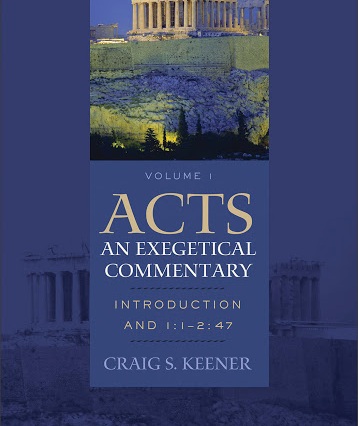Life is filled with momentous decisions, none more momentous than what we decide about Jesus Christ. In Acts 2:14-36, the Apostle Peter outlines the history of Jesus’ ministry and explains its theological significance. Through his life, death, resurrection, and ascension into heaven, Jesus fulfills the promise of God to save people who call on his name and to fill them with the Holy Spirit. According to Acts 2:37-41, the people who hear Peter’s sermon understand the momentousness of Jesus’ actions, but they are uncertain how to respond. When the people heard this, they were cut to the … Continue reading Momentous Decisions (Acts 2:37-41)


